- Min Aung Hlaing likely to take State Counsellor role in post-election government formation: Analysts
- Hindus express hope for educational reform under AA administration
- Arakanese zat pwe performers struggle to survive as conflict halts traditional shows
- India-Arakan trade routes fully reopen after two-month closure
- When Prisoners Are Bombed, the War Has No Rules Left
In justifying evictions, junta spokesman cites rule of law and advantages of dictatorship
Myanmar junta spokesman Major-General Zaw Min Tun has touted evictions under military rule as a benefit of the regime not being accountable to a voting public.
24 Mar 2022
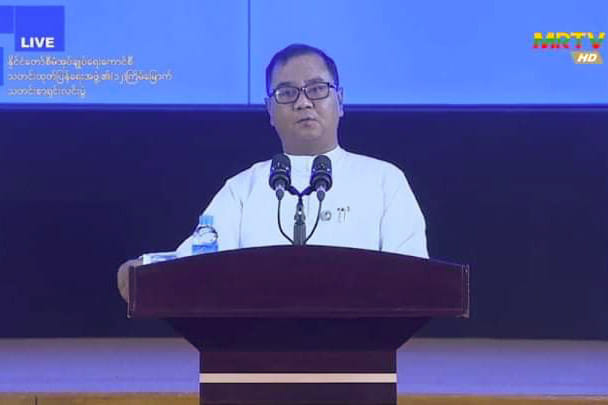
DMG Newsroom
24 March 2022, Sittwe
Myanmar junta spokesman Major-General Zaw Min Tun has touted evictions under military rule as a benefit of the regime not being accountable to a voting public.
Speaking at a press conference held by the military regime on Thursday, the junta spokesman said squatters were removed for the sake of rule of law, as he attempted to justify the recent eviction of thousands of people across several Myanmar townships.
“To give the short answer on why we remove [squatters] at this time, we dare to remove them because we are not a political government. Political governments dare not do so,” he said.
“By ‘political government’ I mean an elected government. Every elected government avoids [handling] squatters. We can’t blame them for that; they still need their votes,” he continued. “But we are not a political government, and we take action primarily from the perspective of rule of law.”
In Arakan State this month, regime authorities have evicted hundreds of people from along the railroad in Sittwe, as well as at a local cemetery, labelling them as squatters.
While some humanitarian organisations have provided relief supplies for them, the Arakan State military council has supplied nothing, said one of the evictees, Ko Nyi Nyi.
“We have nowhere else to go. We would like to ask for a land plot to live on,” he said.
Former Arakan State lawmaker U Pe Than took issue with the junta spokesman’s logic, saying the most important attribute of a government, whether elected or not, is the will to serve the interests of its people. Such a government would find out and address the causes that lead people to squat rather than forcibly removing squatters and taking no responsibility for their wellbeing, he added.
“If a government calls people squatters and forcibly removes their houses and leaves them high and dry for allegedly breaking the law, it is not a sympathetic government,” U Pe Than told DMG. “If a government does not stand by the people, and does not work together with the people to address their problems, it can’t be called the people’s government.”
Some evictees are relocating to a village in neighbouring Ponnagyun Township with the help of a local charitable foundation, but others are staying at monasteries and some have built makeshift tents and remain in the area where their houses were forcibly removed.
Arakan State’s military government has come under fire for the recent Sittwe evictions, with local civil society organisations calling on the regime to resettle them properly. Arakan State military council spokesman U Hla Thein has, however, told DMG that the council does not have plans to assist the evictees with relocation.




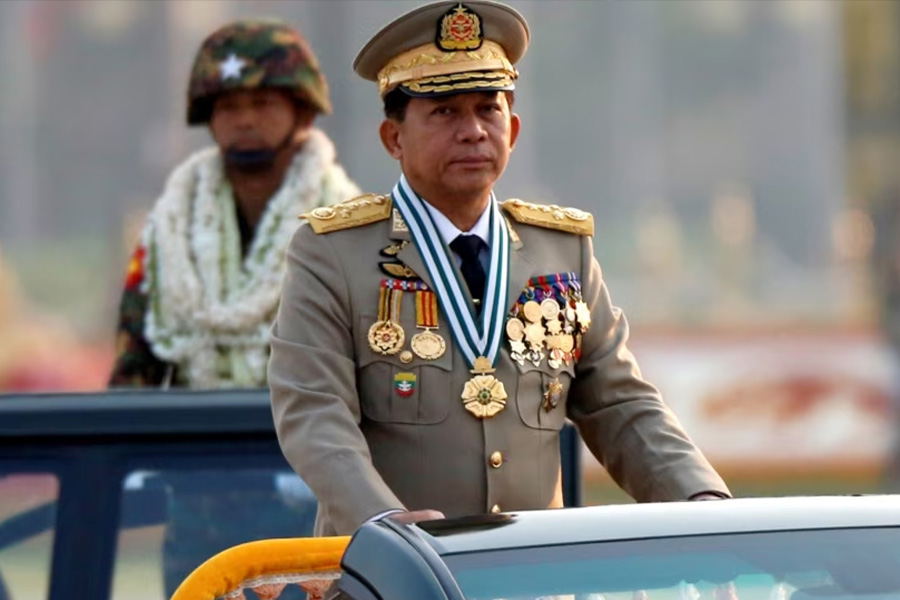
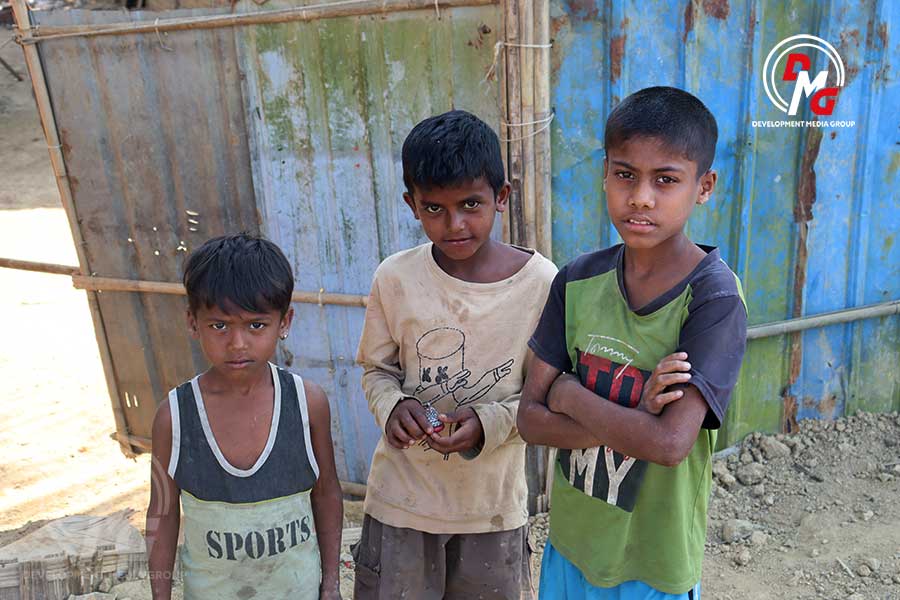
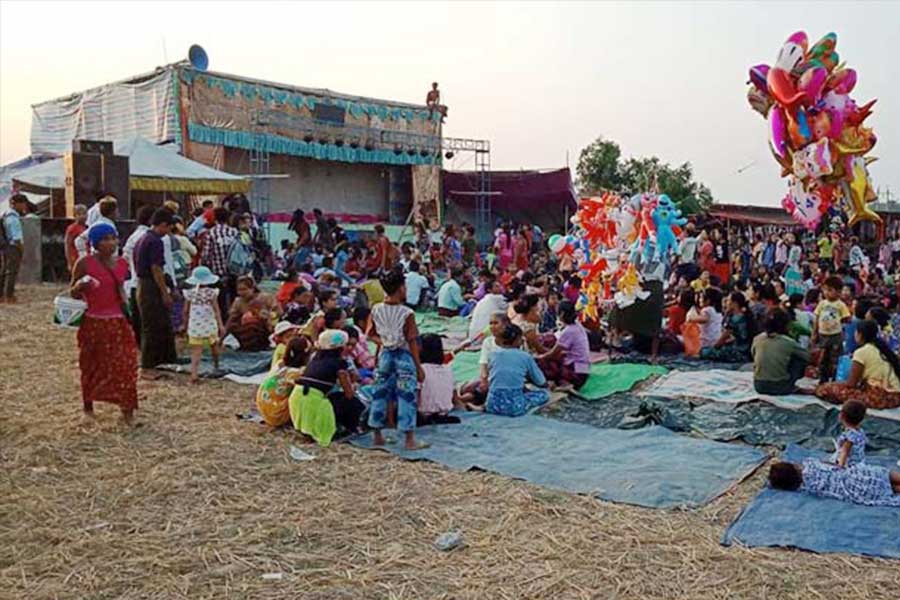
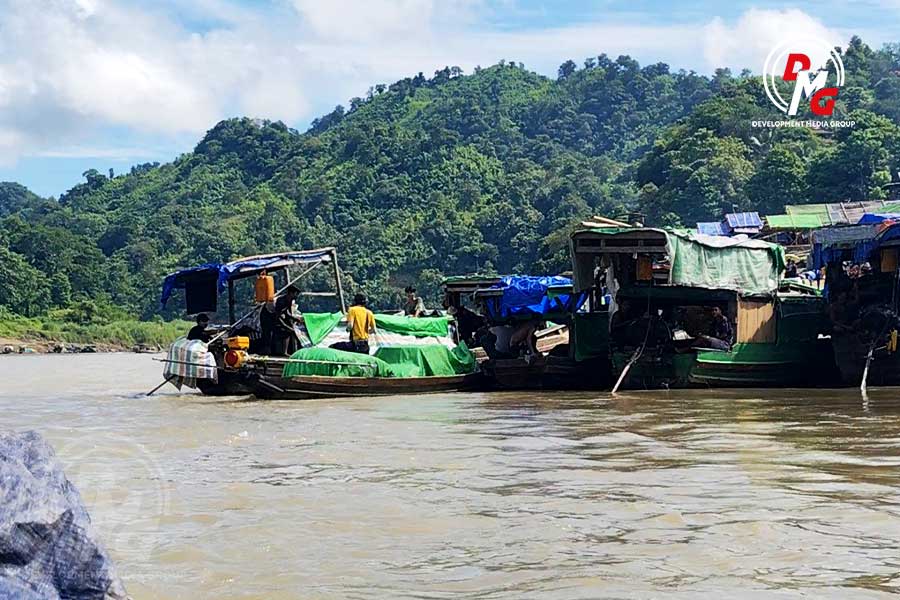
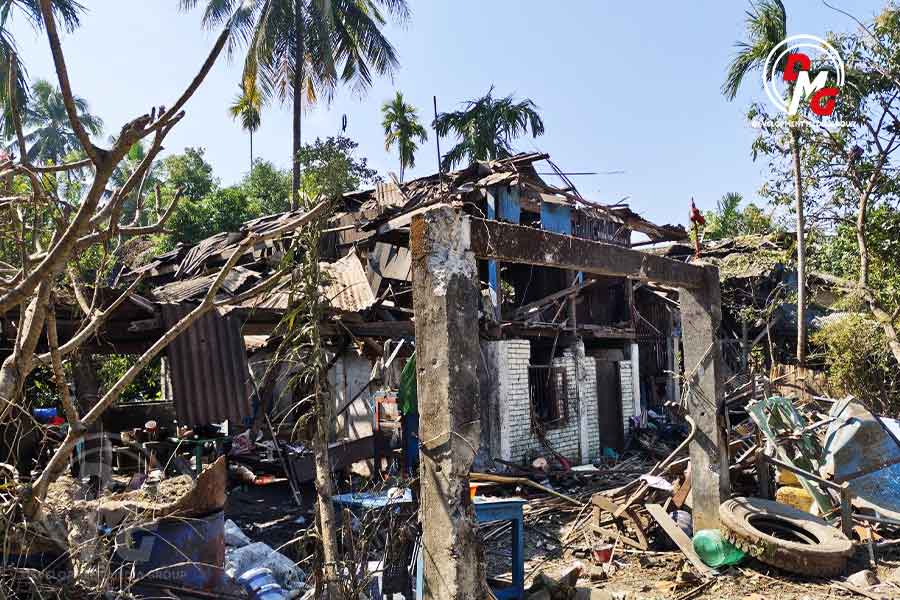








.jpg)